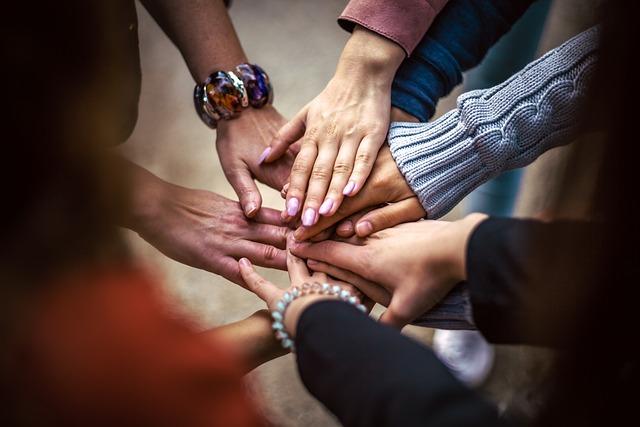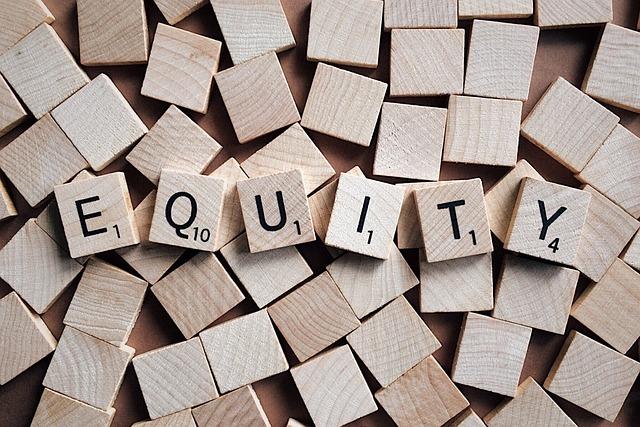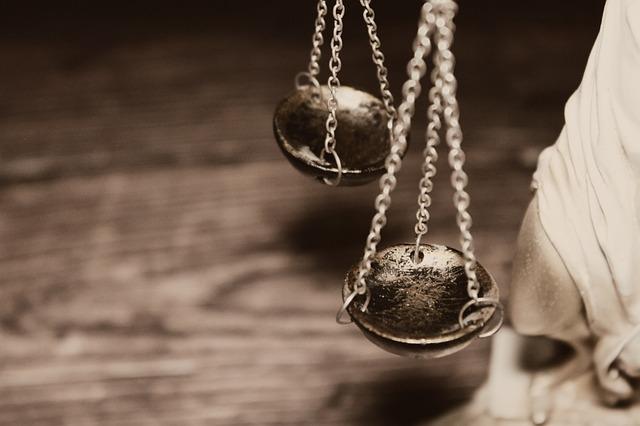In a nation rich with vibrant cultures and untapped potential, Pakistan grapples with the profound complexities of inequality that have persisted through decades of social, economic, and political upheaval. As the sun rises over its bustling cities and serene landscapes, the stark contrasts between affluence and poverty become painfully evident, casting long shadows over the lives of millions. The struggle for justice in Pakistan is not merely a fight against economic disparity; it encompasses a broader quest for dignity, opportunity, and representation for the marginalized. In this article, we delve into the myriad dimensions of inequality that shape society, exploring the historical roots, contemporary challenges, and the voices striving for change. Together, we will uncover the resilient efforts of individuals and communities committed to bridging the divides, forging paths toward a more equitable future for all.
Understanding the Roots of Inequality in Pakistan
To comprehend the intricate fabric of inequality woven through Pakistan’s society, one must delve into its historical, social, and economic threads. Colonial legacies have left a considerable imprint, entrenching systems that favor elite classes and marginalize the lower strata. These entrenched systems often perpetuate disparities in education, healthcare, and employment opportunities. As wealth accumulates in urban centers, rural communities suffer from neglect, leading to vast disparities in living standards. Furthermore, persistent issues such as corruption, misallocation of resources, and unequal access to justice exacerbate the chasm between the privileged and the disadvantaged.
The correlation between class, gender, and regional dynamics further complicates the landscape of inequality. In a society where patriarchal norms persist, women, especially in rural areas, face multiple layers of disadvantage that limit their participation in economic and social spheres. Moreover, marginalized ethnic groups disproportionately experience systemic barriers that hinder their advancement. The following table illustrates key indicators of inequality that highlight these disparities:
| Indicator | Urban Areas | Rural Areas |
|---|---|---|
| Literacy Rate | 70% | 50% |
| Employment Rate | 60% | 30% |
| Access to Healthcare | 80% | 40% |
| Income Share (Top 10%) | 25% | 10% |

Empowering Marginalized Communities through Education
Education serves as a powerful tool to uplift marginalized communities, particularly in a nation like Pakistan where systemic inequalities pervade various sectors of society. By prioritizing access to quality education, we offer these underrepresented groups the opportunities they deserve. Initiatives aimed at increasing educational resources specifically tailored for low-income families, girls, and rural populations can help dismantle the barriers that perpetuate the cycle of poverty. Key strategies include:
- Community Learning Centers: Establishing hubs in underserved areas to provide tutoring and career counseling.
- Scholarship Programs: Offering financial assistance to students from marginalized backgrounds to continue their education.
- Cultural Sensitivity Training: Equipping educators with the tools to understand and respect the unique backgrounds of their students.
Moreover, the integration of technology in education can bridge the gap between different socio-economic groups. Utilizing online platforms for distance learning can reach students in remote areas, ensuring that geography does not dictate the quality of education they receive. Below is a table that highlights the potential impact of educational programs on marginalized communities:
| Program Type | Target Group | Expected Outcome |
|---|---|---|
| Scholarships | Low-Income Students | Increased College Enrollment |
| Vocational Training | Young Adults | Job Readiness Skills |
| Digital Literacy Classes | Rural Women | Improved Job Opportunities |

Promoting Economic Equity: Strategies for Inclusive Growth
One of the most effective ways to foster inclusive growth is by implementing targeted educational initiatives that aim to equip marginalized communities with essential skills and knowledge. By investing in vocational training programs and scholarships for underprivileged youth, we can break the cycles of poverty and unemployment that trap families for generations. Community engagement plays a pivotal role, allowing locals to have a say in the educational programs designed for them. Furthermore, partnerships with NGOs can amplify these efforts, ensuring resources reach those most in need.
Economic policy must also be recalibrated to ensure equitable access to resources and opportunities. This includes promoting small and medium enterprises (SMEs) that can drive local economies and create jobs. Governments can incentivize these businesses through grants and favorable lending conditions, particularly for entrepreneurs from disadvantaged backgrounds. Additionally, establishing cooperatives can empower communities to pool resources and share knowledge, thereby enhancing their collective bargaining power in markets. A transparent and accountable governance framework will support such initiatives, fostering an environment in which inclusive economic growth can thrive.

Building a Framework for Legal Justice and Accountability
In Pakistan, the quest for true legal justice is often obstructed by a myriad of challenges that disproportionately affect marginalized communities. Addressing these systemic inequalities necessitates the establishment of robust frameworks that promote transparency, accessibility, and fairness across the judicial system. Critical components of such frameworks include:
- Community Engagement: Involving local populations in discussions about legal processes ensures that their voices are heard and needs are prioritized.
- Legal Literacy Programs: Educating citizens about their rights and the legal processes empowers them to seek justice effectively.
- Independent Judiciary: Strengthening the autonomy of the judiciary to reduce biases and political interference is crucial for maintaining public trust.
- Accountability Mechanisms: Implementing systems to hold legal practitioners accountable for their actions fosters a culture of integrity within the justice system.
The effectiveness of these initiatives can be enhanced through strategic partnerships between the government, civil society, and international organizations. By fostering a collaborative environment, stakeholders can share resources and expertise to create a more just society. An essential aspect of this collaborative approach is data collection, which can provide insights into disparities and help tailor strategies to address specific issues such as:
| Issue | Impact | Potential Solutions |
|---|---|---|
| Access to Legal Services | Limited representation for underprivileged | Pro bono legal aid initiatives |
| Corruption | Erodes trust in legal institutions | Strong whistleblower protections |
| Caste and Gender Discrimination | Unequal treatment in courts | Training programs for judges on equality |
Final Thoughts
In the intricate tapestry of Pakistan’s socio-economic landscape, the threads of inequality run deep, weaving a narrative that is both complex and urgent. As we conclude our exploration of this critical issue, it becomes clear that the struggle for justice is not merely the responsibility of a select few but a collective endeavor that requires a united front. Each voice, each action, however small, contributes to the larger symphony of change.
Addressing inequality demands more than recognition; it requires commitment from all sectors of society—government, civil society, and citizens alike. By fostering collaboration, embracing diversity, and amplifying the voices of the marginalized, Pakistan can carve a path toward a more equitable future.
Let us remember that the fight for justice is ongoing. It is a journey marked by not just challenges but also the resilience of those who dare to envision a society where fairness prevails. In this quest, every step taken towards understanding and addressing the roots of inequality holds the promise of transformation. The hope for a just Pakistan rests with each of us as we continue to strive for a future where equality is not just an aspiration, but a reality. The struggle is far from over; it is, in many ways, just beginning.



